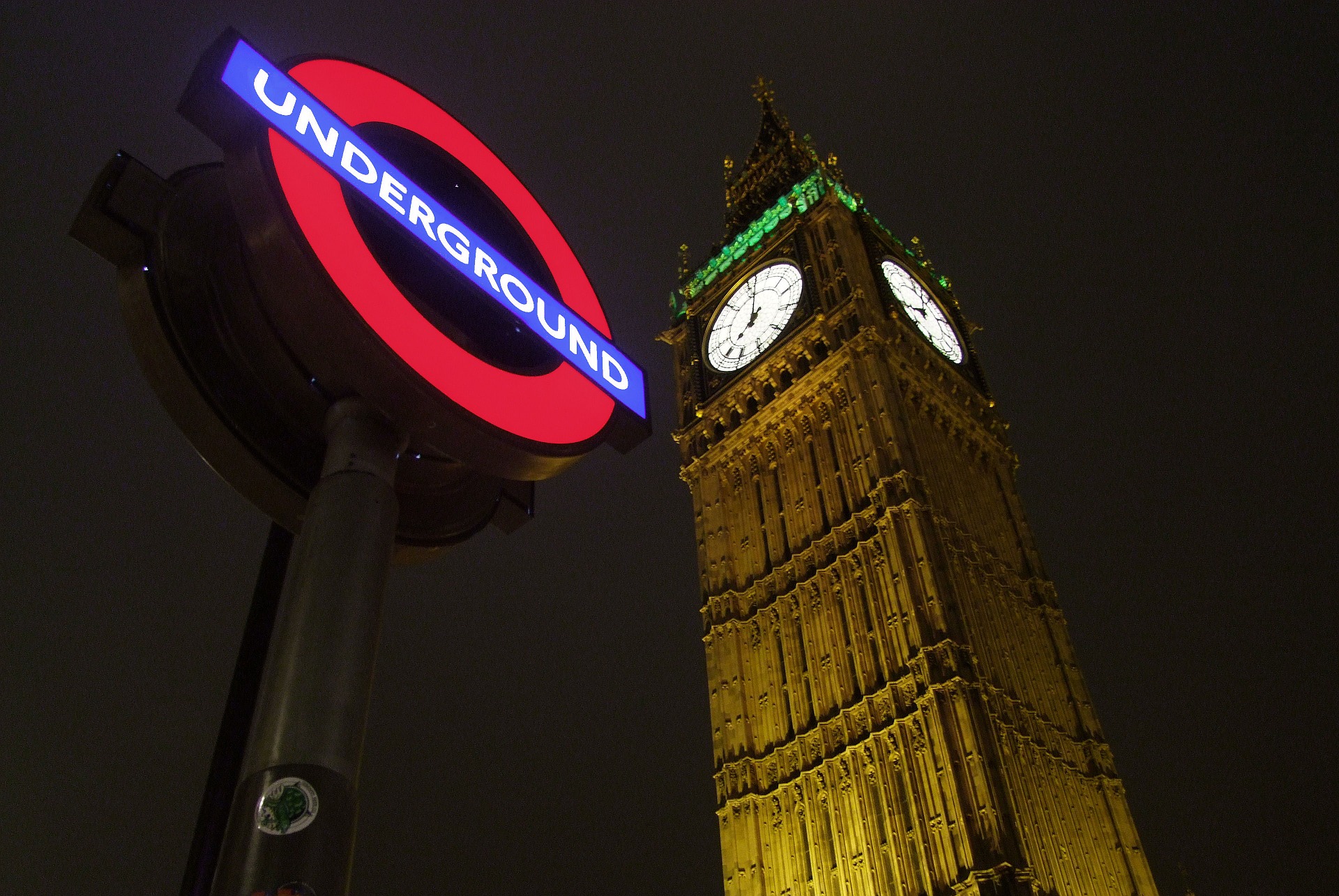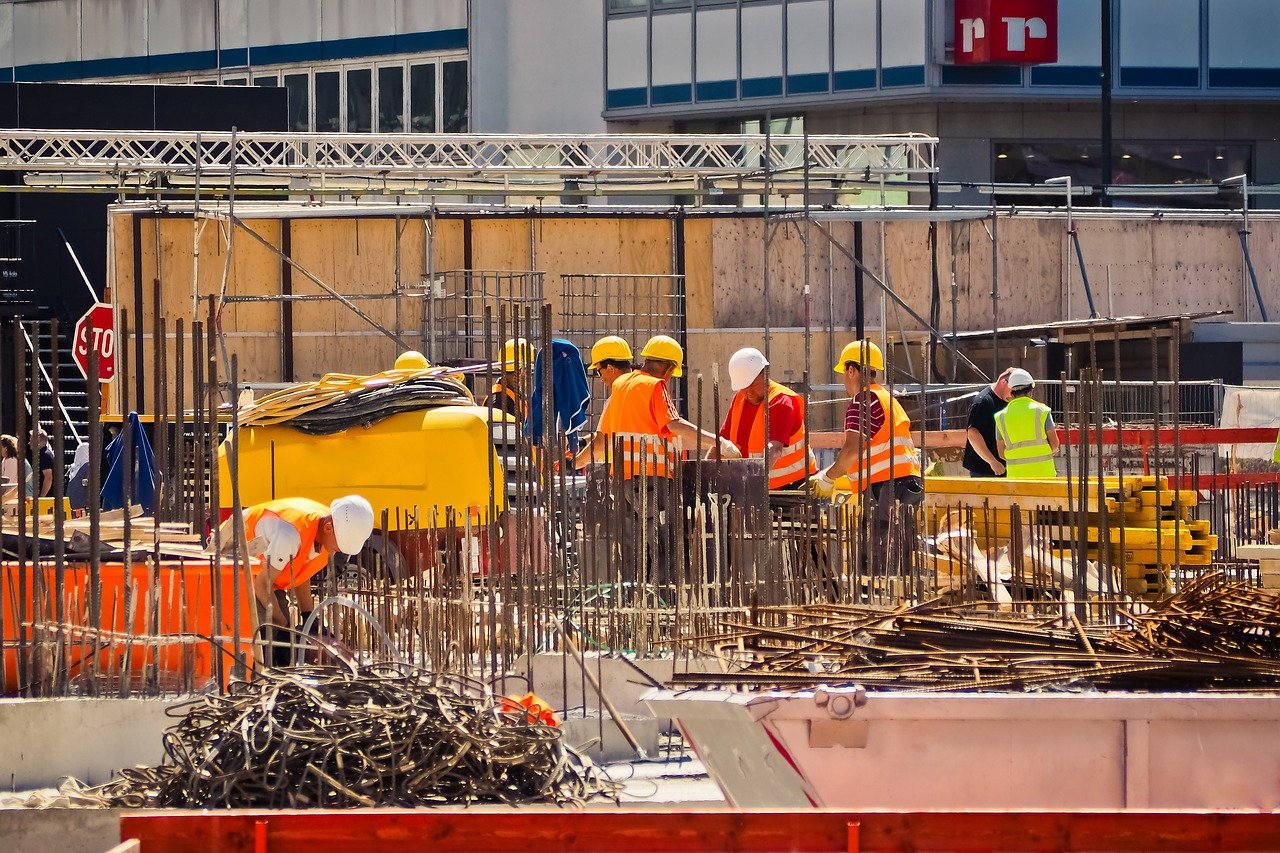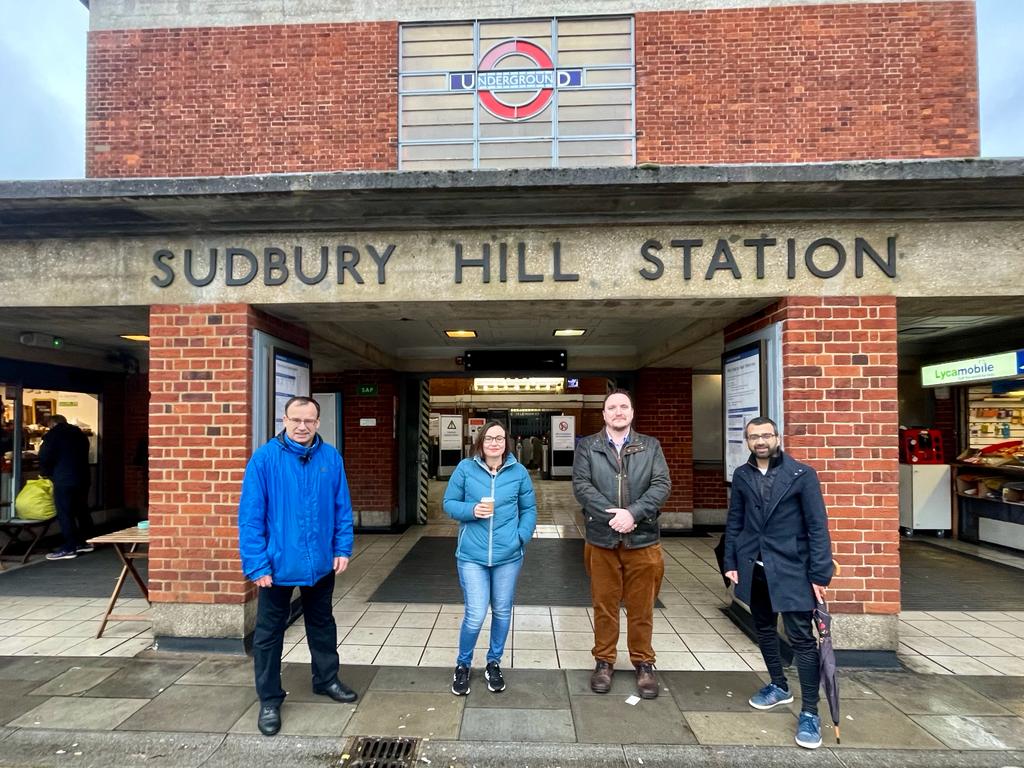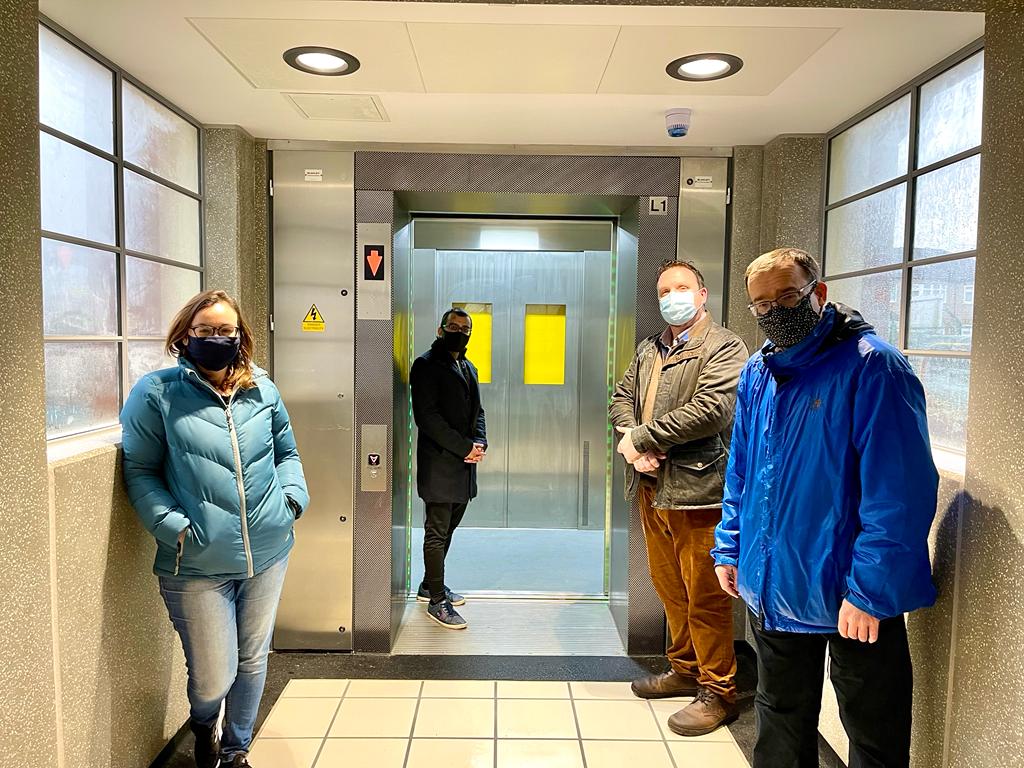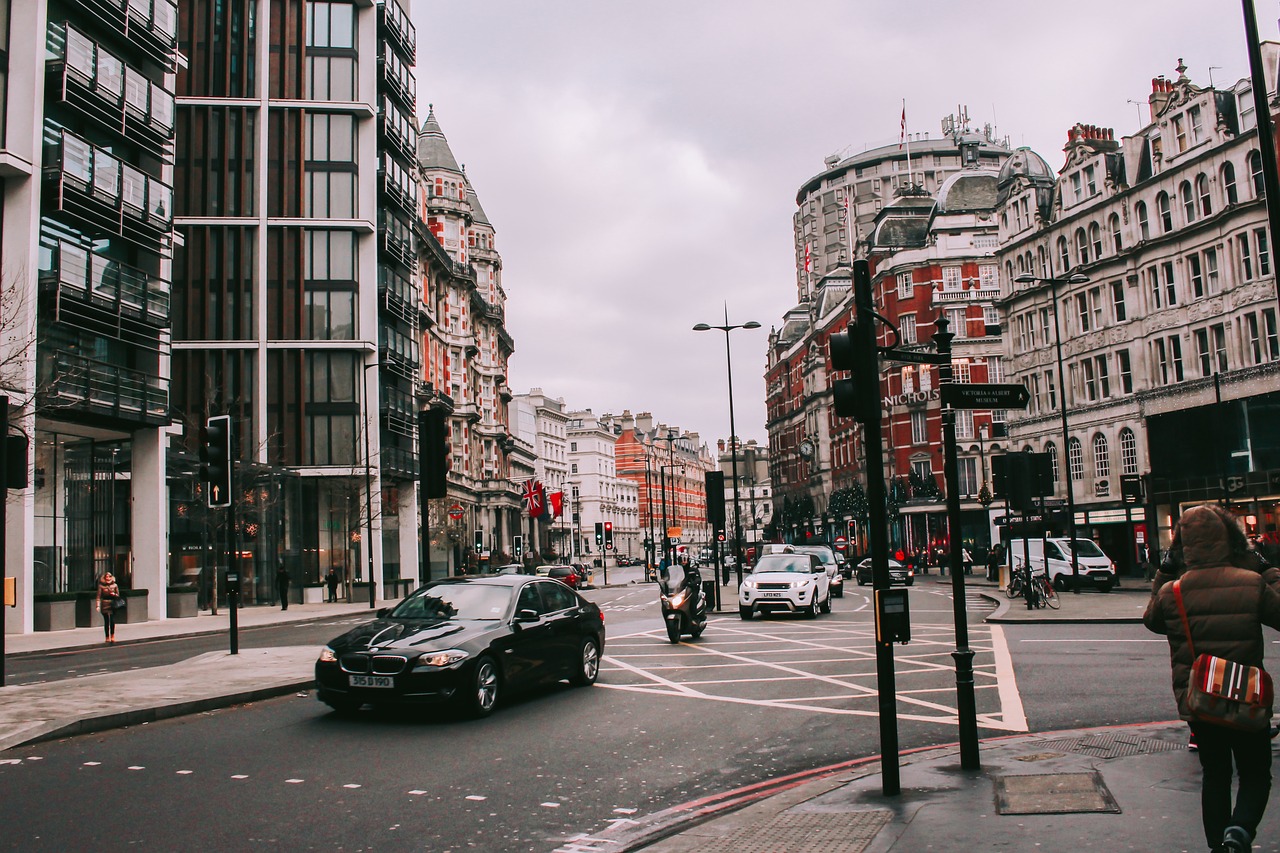Krupesh Hirani AM at the London Assembly Health Committee asking about hospitalisation and vaccines
It is incredibly important to take up all three doses of Covid vaccinations. Heard from Public Health Regional Director for London Professor Kevin Fenton at a recent Health Committee meeting at the London Assembly that 3 in 5 of those in London hospitals with Covid-19 are not vaccinated and 80% have not taken all three doses.
More help for those on low incomes to get rid of higher polluting vehicles as £5 million more added to the scrappage scheme to help people get ready for the ULEZ expansion later this year
- Mayor announces additional £5 million funding to support disabled and low-income Londoners to scrap older, more polluting vehicles, bringing total investment up to £61 million
- These schemes have been incredibly successful, helping replace or retrofit nearly 10,000 vehicles since 2019.
- Londoners have responded positively to the upcoming expansion of the ULEZ with over 80 per cent of vehicles seen in the zone already compliant
- A recent survey found that 26 per cent of owners of non-compliant vehicles had looked to change how they travel and 17 per cent had replaced their vehicle with a less polluting one
As part of the Mayor of London’s bold action to tackle dirty air across the capital, Sadiq Khan has today announced an additional £5 million for the scrappage scheme that is accelerating the move to cleaner vehicles across London.
The scrappage scheme aims to help Londoners on low incomes or with disabilities ditch their older, more polluting vehicles and switch to cleaner models, ahead of the Ultra Low Emission Zone expansion in October 2021 up to, but not including, the North and South Circular roads. Since the scheme was launched in 2019, it has helped replace or retrofit more than 10,000 vehicles.
As well as low income Londoners, the scheme has already successfully helped micro businesses, sole traders and charities to scrap more than 5,000 older vans. While the enthusiastic uptake of the vans scheme means that this element is currently suspended, it also means that Londoners are benefitting from reduced emissions from thousands of vans, even before the ULEZ expansion happens.
Motorists can apply for:
- £2,000 for scrapping a car
- £1,000 for scrapping a motorcycle or moped
Charities can continue to access funding to scrap minibuses, given their vital role in our communities and the recovery from the coronavirus pandemic.
Polluting vehicles account for around 50 per cent of London’s harmful NOx air emissions. The health impacts of air pollution have an economic cost to the capital and research from the Confederation of British Industry (CBI) has showed that cleaner air could also boost the economy by £1.6 billion.
While significant progress has been made, with a substantial reduction in the number of Londoners living in areas exceeding legal limits for NO2, tens of thousands of Londoners still breathe illegally polluted air and 99 per cent of Londoners live in areas exceeding the World Health Organization (WHO) recommended guidelines for PM2.5, which are much tighter than the legal standards.
The Mayor’s additional investment in London’s scrappage scheme has been made without Government, unlike the scrappage schemes supporting Birmingham and Bath’s Clean Air Zones which have received significant Government support. This is despite the fact that Londoners are paying hundreds of millions of pounds in Vehicle Excise Duty every year, even though only a tiny fraction of it is spent in the capital.
The Mayor of London, Sadiq Khan said: “Air pollution is a national health crisis that is stunting the lung development of our children and leading to thousands of premature deaths.
“Despite the lack of Government support, our car and motorcycle scrappage scheme will continue to help low-income and disabled Londoners scrap their older, polluting vehicles and switch to walking, cycling and public transport or a cleaner vehicle.
“In central London, the Ultra Low Emission Zone has already helped cut toxic roadside nitrogen dioxide pollution by nearly half and led to reductions that are five times greater than the national average. But pollution isn’t just a central London problem, which is why expanding the ULEZ later this year will benefit Londoners across the whole of the city and is a crucial step in London’s green recovery. There is no time to waste. We know pollution hits the poorest Londoners and those from Black, Asian and Minority Ethnic communities the hardest, which is why I’m doing everything I can to improve the health for all Londoners.
“We need the Government to follow London’s lead and help clean our filthy air once and for all, by strengthening the Environment Bill to include WHO recommended air quality limits to be met by 2030 and supporting a targeted national vehicle scrappage fund that will help motorists across the UK to ditch their polluting cars.”
Suha Al-Khayyat, Artistic Co-Director at Little Fish Theatre Company said: “Little Fish Theatre works with underserved young people across London. The company tours large scale theatre shows into venues big and small, relying on good transport for its theatre set and actors. Before the scrappage scheme, Little Fish was using a van that was far from environmentally friendly. The scheme enabled the company to put a large deposit on a new vehicle which finally met the safety standards needed, providing us and all our hard working staff with a comfortable and reliable mode of transport. Without the scheme, it would have taken a number of years to raise the funds needed for the upgrade. We are now the proud owners of a Euro 6 van that meets the ULEZ standards, enabling us to reach more young people.”
Alex Williams, TfL’s Director of City Planning, said: “We know that London’s dirty air hits the most vulnerable the hardest. It leads to thousands of premature deaths, induces asthma and impacts the development of children’s lungs. That’s why the expansion of the ULEZ up to but not including the north and south circular is vital for the health of Londoners. The larger zone, which is 18 times the size of current one, will see harmful nitrogen dioxide cut by around 30 per cent across the whole city. We recognise that some more vulnerable Londoners may need a vehicle to get around, which is why we are delighted to announce this additional £5million to help them make the green transition.”
Details:
- To apply for the scheme visit here: http://tfl.gov.uk/car-motorcycle-scrappage. Individuals eligible for the £25 million scheme need to be in receipt of one or more of the following means-tested benefits:
- Pension Credit
- Universal Credit
- Child Tax Credit
- Housing Benefit
- Income Support
- Income-based Jobseeker’s Allowance
- Income-Related Employment and Support Allowance
- Working Tax Credit
And/or applicants in receipt of one or more of the following non means-tested Disability benefits:
- Personal Independence Payment
- Disability Living Allowance
- Attendance Allowance
- Armed Forces Independence Payment
- War Pensioners’ Mobility Supplement
- Carers’ Allowance
- Severe Disablement Allowance
- Industrial Injuries Disablement Benefits
- Constant Attendance Allowance
The applicant must also reside within the Greater London Authority boundary.
- TfL have an online tool to help people check whether their vehicle meets the ULEZ standards, which has been used almost 3.5 million times: www.tfl.gov.uk/ulez.
The CBI report was published in 2020: https://www.cbi.org.uk/articles/what-is-the-economic-potential-released-by-achieving-clean-air-in-the-uk-1/#:~:text=CBI%20Economics%20research%20on%20behalf,an%20individual%20attends%20work%20ill
Question to the Mayor from Krupesh Hirani on tube noise in the Kingsbury area
Tube noise continues to be a huge issue across London. Within my constituency Transport for London (TfL) has trialled different lubrications on some trains in Kingsbury as this ‘further reduces friction between the wheels and track, particularly around curves’ and this has proved successful. When do you expect to roll this vital initiative out to the entire fleet?
Answered By: The Mayor Date: Tuesday, 1st June 2021
Tackling Tube noise continues to be a priority for me and for Transport for London (TfL), including around Kingsbury where TfL is investigating new on-train lubricators, which, as mentioned, could reduce friction between the wheels and track, particularly around curves.
Unfortunately, recent testing has found that the initial design is not suitable for installation on the Jubilee line fleet. TfL is now investigating different designs of on-train lubricators to assess whether these could be installed on the Jubilee line.
I have asked that TfL officers keep you updated on the progress of these works.
Can you also please provide a date for the spring 2021 fitting of electrical lubricants on the Kingsbury track as promised by TfL back in February?
Answered By: The Mayor Date: Tuesday, 1st June 2021
The installation of electrical lubricators, which should help to mitigate noise by more reliably applying lubrication to the track, is now expected to be completed by the end of July 2021.
These works have unfortunately been delayed as a result of social distancing requirements due to the coronavirus pandemic, but I have urged Transport for London to ensure they are completed as quickly as possible.

